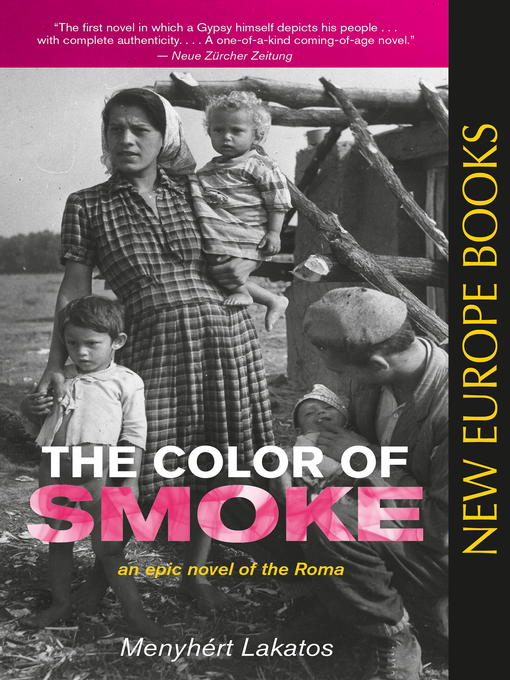
The Color of Smoke
An Epic Novel of the Roma
کتاب های مرتبط
- اطلاعات
- نقد و بررسی
- دیدگاه کاربران
نقد و بررسی

July 1, 2015
A picaresque tale of the struggles of the Romany (also known as the Gypsies) in Hungary before World War II, appearing for the first time in English since its publication in 1975. Hungarian author Lakatos (1926-2007) drew from his own childhood for this novel, which tracks the life of its unnamed narrator from the ages of 11 to 17 in rural Hungary. For his family and the rest of the neighboring Roma, life is a cycle of grinding poverty (horse-trading is the chief income source) and oppression from the local gendarmes. When the boy is accidentally shot by a local drunk "gentleman," he's invited to attend school for free to help assuage his family's anger. From there on, the novel becomes a bildungsroman about life in two worlds: the young man is bright enough to do well in school but too defined by his Romany roots to escape their orbit. Though the novel has the heft of an epic and covers the better part of a decade, its focus is narrow and limited in psychological insights-the plot turns on the boy's moneymaking schemes, his taunting of authority figures, and (especially) his adolescent lusts. One night of sex with a young woman, Vorzha, effectively marries him to her, and an extended sequence follows his tussles with her hard-drinking, compulsive gambler father and promiscuous mother. Lakatos rarely steps back from the narrative to comment on Roma past and folkways, which keeps the novel from sagging with sociological and historical commentary. But his flat declarative sentences, punctuated with the occasional fight or insult ("Your mother is a rotten whore!"), are low on pathos or comedy. The closing scenes of rapidly encroaching Nazis and train cars to the camps add a foreboding accent to the hero's ramblings. But the story has taken a long, plodding path to get there. A rare, observant, but rough-around-the-edges snapshot of Romany life.
COPYRIGHT(2015) Kirkus Reviews, ALL RIGHTS RESERVED.

























دیدگاه کاربران